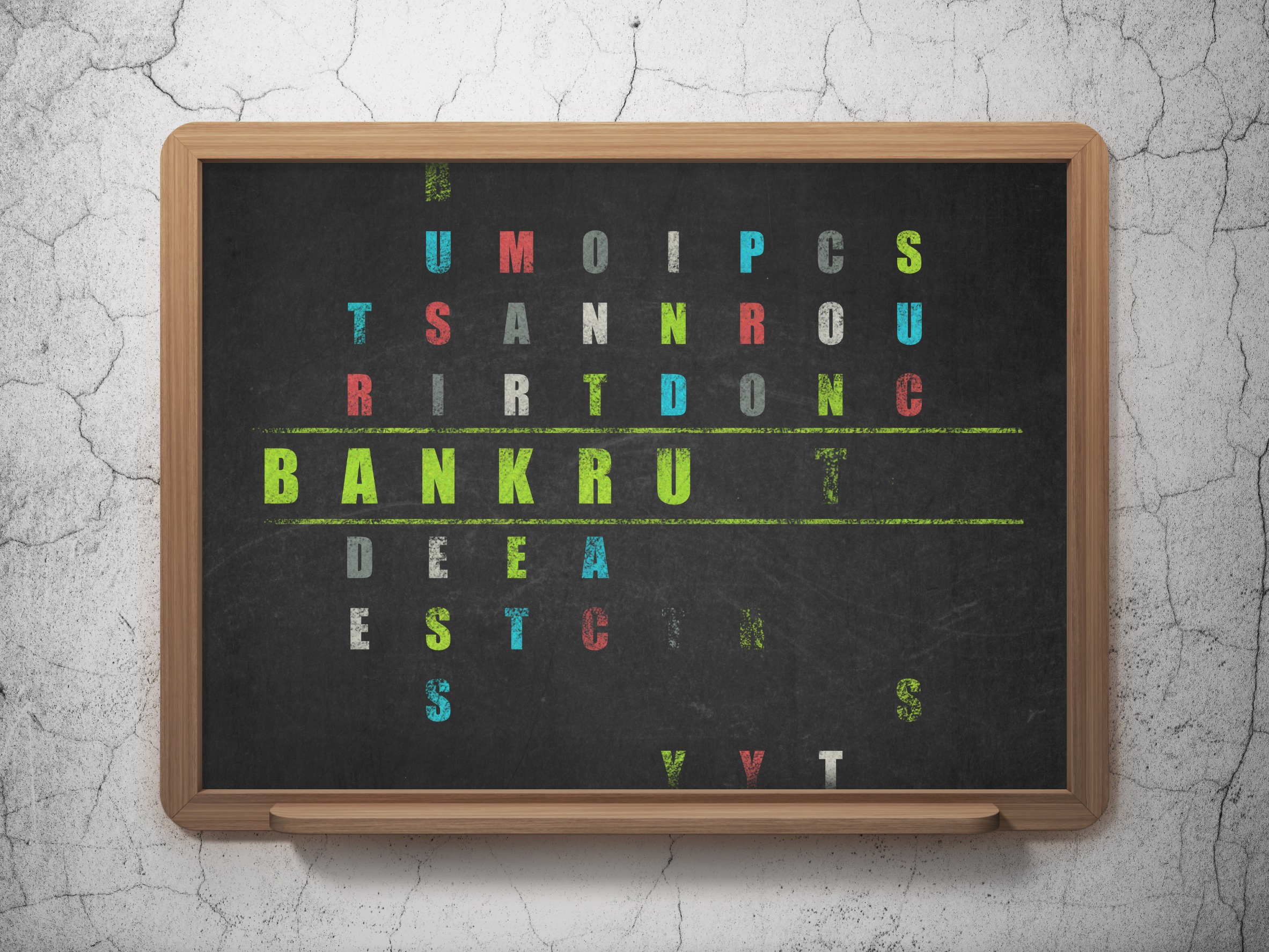Deciding if bankruptcy is the right solution for you can be a difficult decision. Harassing creditor calls, late fees, lawsuits, and wage garnishments can quickly take a toll on your financial and emotional well-being. For many Oklahomans facing serious financial distress, bankruptcy offers a legal path toward relief and a fresh start—but it’s not the right solution for everyone. If you’re struggling with debt, here’s how to determine whether bankruptcy may be the right option for your financial situation.
What Is Bankruptcy?
Bankruptcy is a legal process governed by federal law that allows individuals or businesses to eliminate or restructure certain debts under court protection. In Oklahoma, most individuals file under Chapter 7 or Chapter 13 of the U.S. Bankruptcy Code:
- Chapter 7 bankruptcy is often called “liquidation” bankruptcy. It wipes out most unsecured debts—such as credit cards, medical bills, and personal loans—after selling non-exempt assets to repay creditors. Most filers keep their property due to Oklahoma’s generous exemptions.
- Chapter 13 bankruptcy is a repayment plan for people with regular income. You make monthly payments to a trustee for 3 to 5 years and keep your property while catching up on missed payments (like mortgage arrears or car loans).
When Is Bankruptcy the Right Choice?
Bankruptcy may be a good solution if you:
- Can’t keep up with minimum payments on credit cards, loans, or medical bills
- Face foreclosure or repossession and want to keep your home or car
- Have wages or bank accounts garnished due to judgments
- Owe far more than you can reasonably repay over time
- Suffer from a financial hardship such as job loss, illness, or divorce
Filing for bankruptcy in Oklahoma triggers an automatic stay, which immediately stops most collection actions—including creditor calls, lawsuits, garnishments, foreclosures, and repossessions.
When Might Bankruptcy Not Be the Best Option?
Bankruptcy isn’t always the right path. You might consider other options if:
- Most of your debts are non-dischargeable, such as child support, recent taxes, or student loans (although limited relief for student loans is sometimes available).
- You can realistically settle your debts through negotiation or debt consolidation.
- You have valuable non-exempt assets you don’t want to risk losing in Chapter 7.
- You recently filed for bankruptcy and are not yet eligible for another discharge.
In some cases, bankruptcy provides temporary relief but fails to address deeper financial issues, like overspending or unstable income. That’s why a full financial review is essential before deciding.
How Bankruptcy Works in Tulsa
The bankruptcy process begins when you file a petition with the U.S. Bankruptcy Court for the Northern District of Oklahoma, depending on where you live. You must complete a credit counseling course and disclose detailed information about your income, assets, debts, and expenses.
The court assigns a trustee to oversee your case. In Chapter 7, the trustee reviews your assets and distributes non-exempt property (if any) to creditors. In Chapter 13, the trustee manages your repayment plan. Most bankruptcy cases result in a discharge of qualifying debts, meaning you are no longer legally obligated to pay them.
Oklahoma bankruptcy law includes generous exemptions that allow you to protect equity in your home, vehicle, household goods, retirement accounts, and other essentials.
How Bankruptcy Affects Your Credit
Bankruptcy will impact your credit, but for many people, the damage has already occurred due to missed payments and high balances. A Chapter 7 bankruptcy remains on your credit report for 10 years; Chapter 13 stays for 7 years. However, many filers see their credit scores improve within a year after filing because their debt-to-income ratio improves and collection accounts disappear.
Bankruptcy gives you the chance to rebuild with a clean slate, and many people qualify for car loans, credit cards, or even mortgages within a few years after discharge.
Tulsa Bankruptcy Attorneys
Bankruptcy is a powerful legal tool, but it’s not always the right solution. The best way to determine whether it’s right for you is to meet with an experienced Oklahoma bankruptcy attorney who can review your debts, assets, income, and goals. Here at Tulsa County Lawyers Group, we provide guidance that brings peace of mind. Get a free consultation from a bankruptcy attorney by calling 918.379.4864, or you can ask an online question by following this link.

